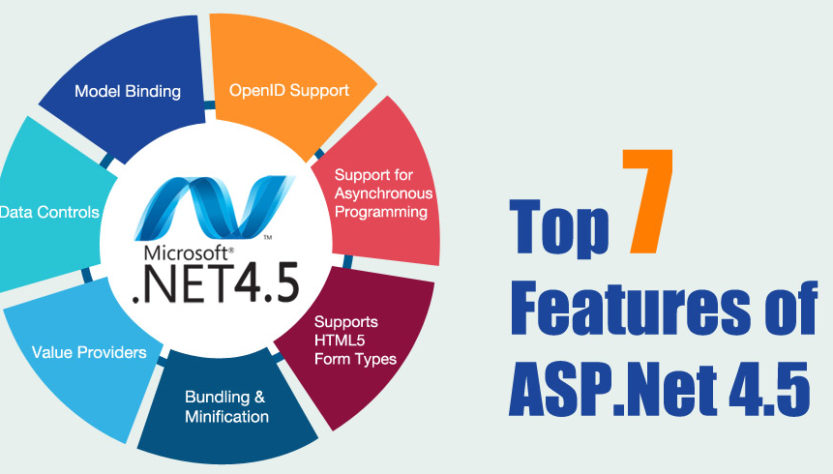Each and every Content Management System available in the market have their own features and functionalities. They are not created equally and have their unique features to define themselves. The most basic thing is that more expensive the asp.net cms is, the more functionalities are available. It is important to understand that for the money you are paying is it necessary to have all those features? It is a difficult question with an even more difficult answer but a very important one. Usually, most of the CMSs have some basic features and this article focuses just on that.
- CoreFunctionality
The core functionality provided most of the CMS have a standard interface for creating, editing, approving and deploying. The main function of a Content Management System to manage the content of the site. The managing part deals with creating, editing, publishing and archiving the data and information. The standard interface helps you to get familiar with the CMS and move on to other better features.
- CommonRepository
It is important to manage all the content components and information in one place so that it is easy to find, maintain and track them. This also ensure the security of the data and information. A common repository stores all the content in one small place which means that only a small area needs to protected from the intruders. Some CMSs provide their own repository to store your data. But there are other CMSs that allow you to retain your existing repositories or lets you build your own and then extract from them.
- VersionControl
Another important feature of any CMS is to keep track of the version of your content. When multiple people are accessing the same content at the same time, it is essential to track it. Without a version-control system, there is a high chance of the content components getting out of sync.
- Workflow
All Content Management Systems have their workflow. It is necessary to have a simple yet flexible workflow system. Some of the CMSs even provide the capability to develop your own user defined workflow whereas some of them have a standard one of create edit, approve and release cycle. It is quite common to have the workflow and version-control system tightly coupled. This provides a more comprehensive platform for managing the flow and staging of content among all the groups involved.
- Monitoring,AnalyzingandReportingContentandWebSiteHits
The tracking of site usage is the process of analyzing how a user enters a site, how he leaves and what pages he accesses between the two points. This process gives the information of the number of users that access a specific page or what is the predominate start and end page of a web site visit. Monitoring web site usage is essential for sales and marketing.
A CMS provides many other features that may differ from system to system. The above mentioned are some of the common features but there are also other issues to consider such as licensing, accessibility, support, training and many more. When choosing a CMS, look at your requirements list and ensure that those requirements are the essentials. You don’t want to pay for some functionalities that you may never use. It is also wise to keep an eye on the future and the further developments that may come along. Make sure that you pay only for what is a necessity use those functionalities to their full extent.
